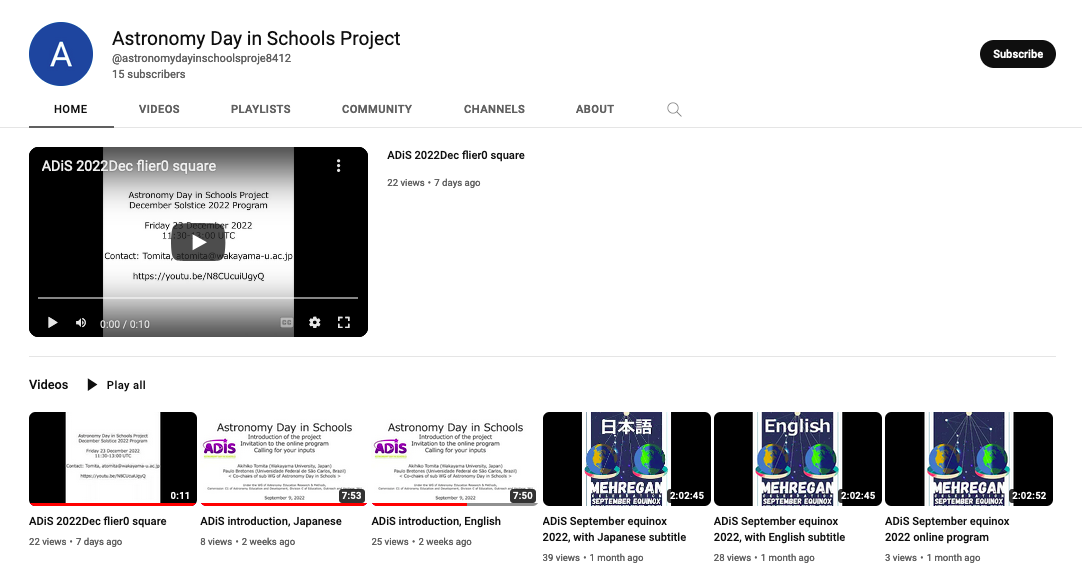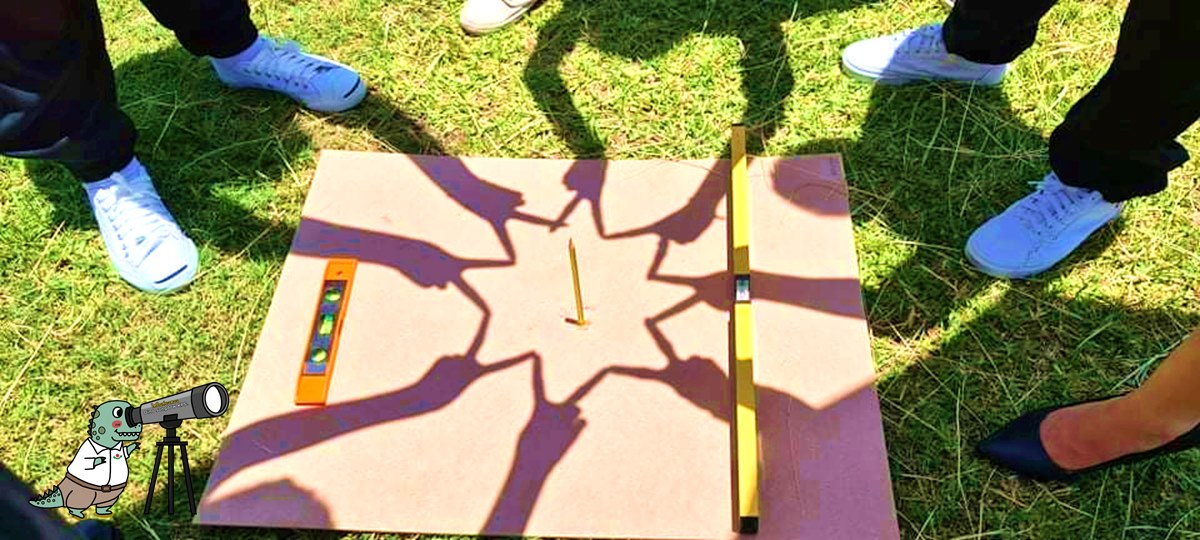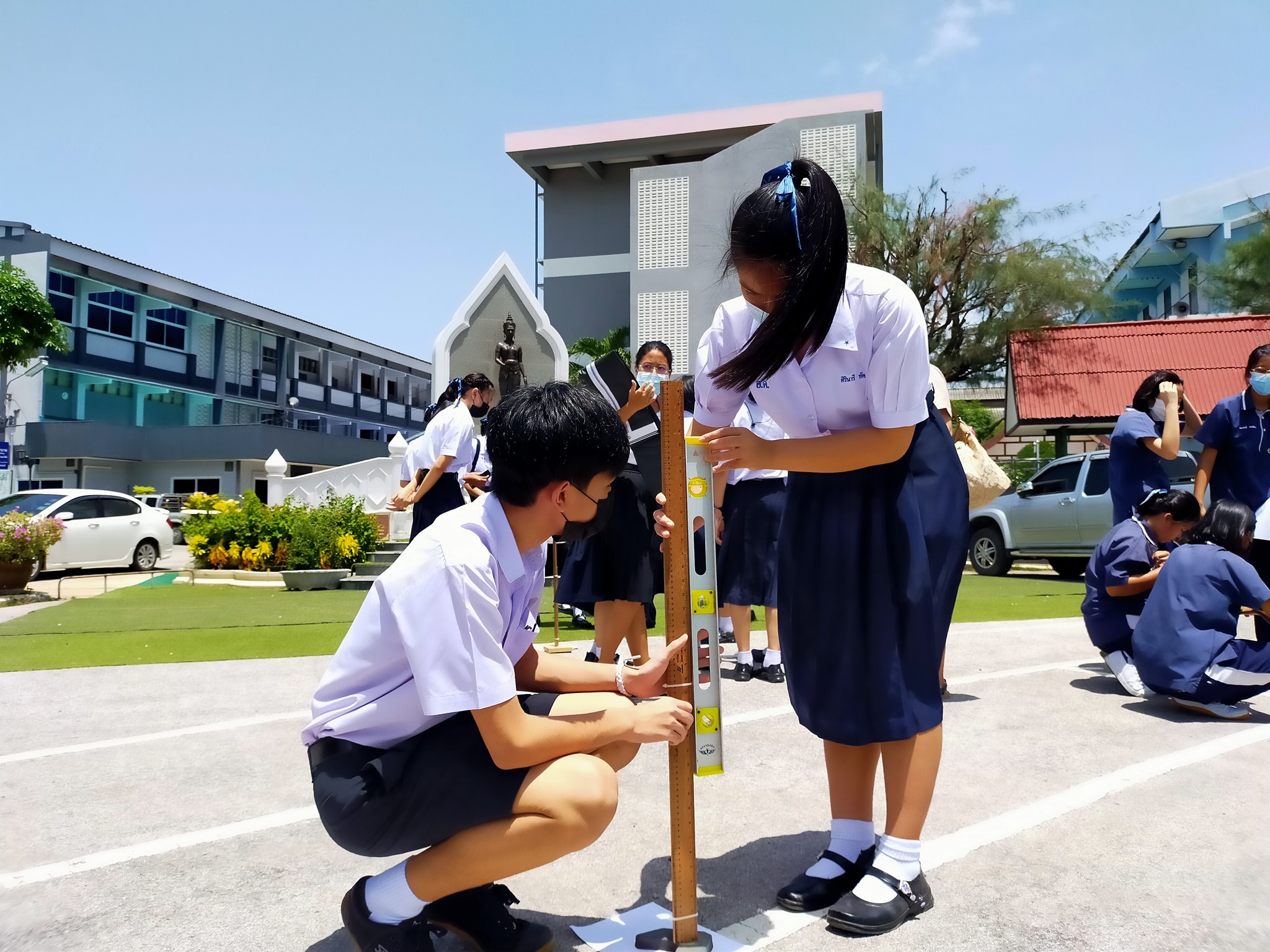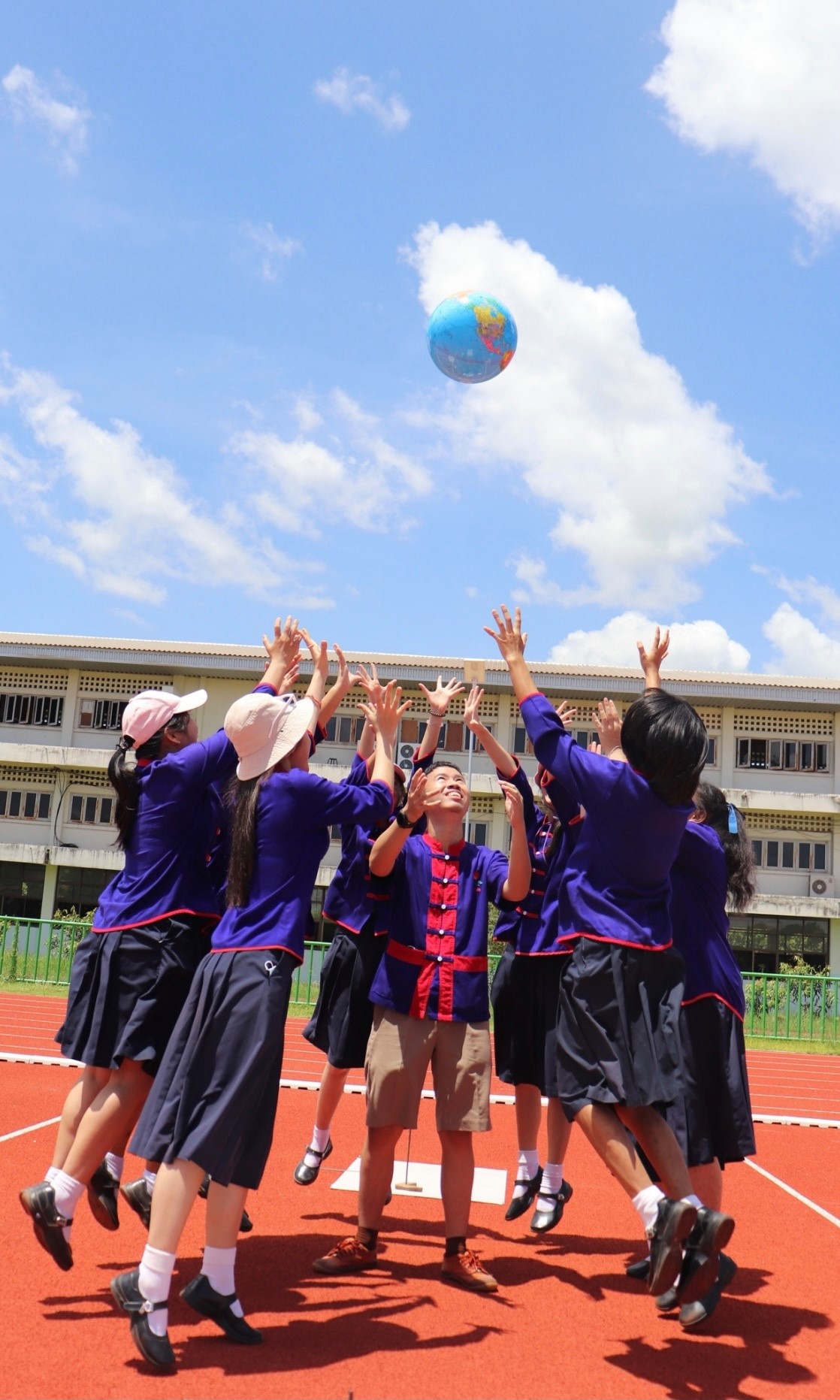Visit the Astronomy Day in Schools Youtube channel
(Archives of previous quarterly online programs)
UPCOMING ONLINE PROGRAM
Visit the Astronomy Day in Schools Youtube channel
(Archives of previous quarterly online programs)
UPCOMING ONLINE PROGRAM

What is Astronomy Day in Schools?
"Astronomy Day in Schools" was started as an IAU100 Global Project. We have reworked this project to share educational practices from around the world and to support teachers. In particular, we will help you share records especially those related to equinoxes and solstice and astronomical phenomena.
Why solstices and equinoxes?
Equinoxes and solstices are not only has astronomical significance around the world, they are also important phenomena in the history of science, and are connected to cultural events in various regions, making them suitable subjects for educational practice that combines science, history, culture, and STEAM education incorporating measurement and calculation activities.
Who are the organizer?
We are the International Astronomical Union (IAU) Comission C1 on Astronomy Education and Development. The IAU is the international astronomical organisation that brings together more than 12 000 active professional astronomers from more than 100 countries worldwide. Founded in 1919, the IAU is the world's largest professional body for astronomers.

Here are some projects that you may find useful information and resources.
1. Network for Astronomy School Education (NASE)
2. Global Hands-On Universe
3. Galileo Teacher Training Program (GTTP)
4. Open Astronomy Schools
5. Einstein Schools
6. Universe AwareEness
7. Space Scoop
8. AstroEDU
9. STEM Lessons for Educators – NASA Jet Propulsion Laboratory
10. Astronomers Without Borders
11. Activity - Finding your Latitude during Daytime by Iranian Teacher's Astronomical Union
Anything missing? email us.
Information about seasons
1. Seasons Around the World activity from astroEDU
2. Explanation of seasons on openStax
Eclipses are amazing celestial event, you can find resources related to the eclipses below.
1. International Astronomical Union Inter-Division C-E Working Group Solar Eclipses
The web page of the IAU Working Group on Solar Eclipses contains a wide variety of material and links relevant to observing solar eclipses. It is suitable for the general public as well as advanced amateur astronomers and professional astronomers. Maps of the paths of totality and annularity, cloudiness statistics based on past spacecraft observations, information on the safety of eclipse observations, and many other pieces of information are linked. The website should be viewed as a “one-stop shop” for eclipse information.
2. NASA Eclipse website with maps of eclipses
3. Eclipses maps from Heavens above
4. Eclipses maps from timeanddate.com
5. Totality app
6. Find Solar & Lunar Eclipses in your city, time and date
7. How to see a lunar eclipse

How can I join?
Just do it! We also appreciate if you can register the event through our registration page to provide us more information so that we can listen to the different stories around the world and to improve for the next events. We especially welcome video messages of no more than a few minutes. If you also send us a transcription, viewers can translate it into various languages and add subtitles. Please send us your transcriptions as well.
What is the format of the activities?
You can deicde what kind of activities to organize, some suggestions like lectures, workshops, but you can also be creative, to suggest any kind of activiites. Resources section may also provide you some idea.
Does it has to be organized exactly on the date of the equinoxes and solstices?
No. It's flexiable.
What will the collected videos be used for?
Periodically, we plan to have a live streaming program to introduce the collected videos. We also plan to create an e-book to summarize the collected materials. We hope that these materials will contribute to the improvement of classroom activity around the world and help promote communication and friendship across borders.